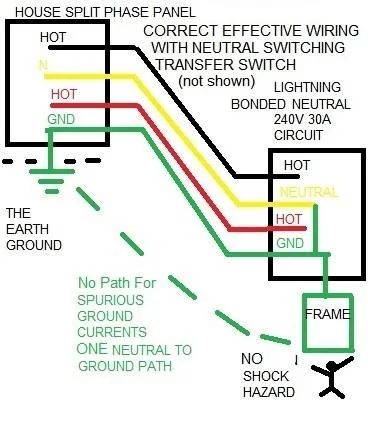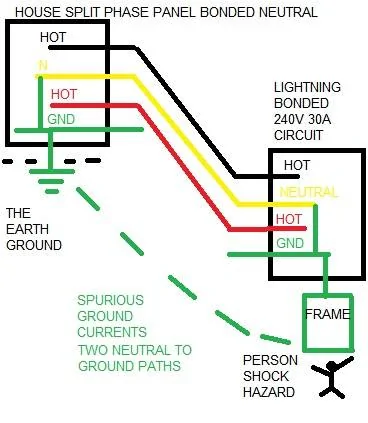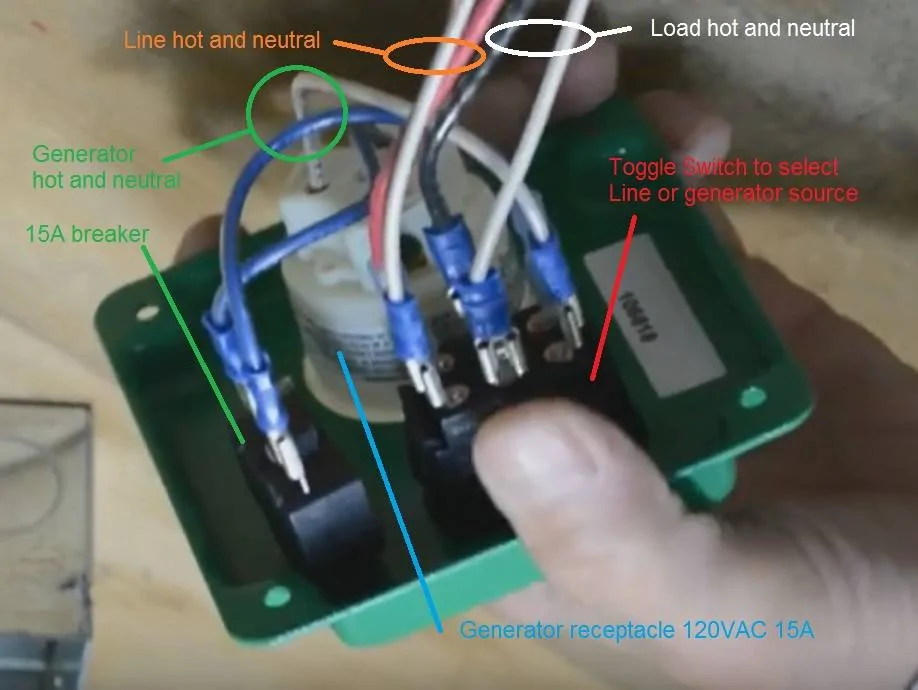chl
Well-known member
- First Name
- CHRIS
- Joined
- Dec 16, 2022
- Threads
- 7
- Messages
- 2,285
- Reaction score
- 1,410
- Location
- alexandria virginia
- Vehicles
- 2023 F-150 LIGHTNING, 2012 Nissan Leaf, 2015 Toyota Prius, 2000 HD 883 Sportster
- Occupation
- Patent Atty / Electrical Engineer
I read in the manual and was referring to the HV battery reserve limit setting, i.e.,I'm not aware that the Lightning is designed to 'limit' any amperage output from ProPower just because of the state of the battery pack - it only limits the number of 'miles' left before it completely disables ProPower, such as '10 miles', etc.
The Lightning has 20amp 120v output from any of the outlets, or 20amps from all outlets, combined.
The setup originally worked. I suspect that the 'dead house batteries' has caused some type of switch or interruption with his 'off grid' system. Even though incoming Utility or ProPower would seem to power the main panel, or the sub-panel, regardless, there could be some type of interruption between the house batteries, their inverter system, and the main panel, or it's own sub-panel, etc.
SOLAR and off-grid systems can have a myriad of devices, connections, switches, and buffers that are designed to 'control' the power, incoming from the Solar system, the house batteries, and the 120v/240v Inverter, to the house's electrical system.
this (from my manual):
SETTING THE HIGH VOLTAGE BATTERY RESERVE LIMIT
When the vehicle is in park (P) you can set a high voltage battery reserve limit to save
a range which you can drive your vehicle before recharging.
You can set the high voltage battery reserve limit on the touchscreen.
A notification indicates when the vehicle reaches the pre-set limit and Pro Power
Onboard turns off.
Note:After your vehicle reaches the pre-set limit, the vehicle power down timer is
enabled again. See What Is the Vehicle Power Down Timer (page 194).
Sponsored




